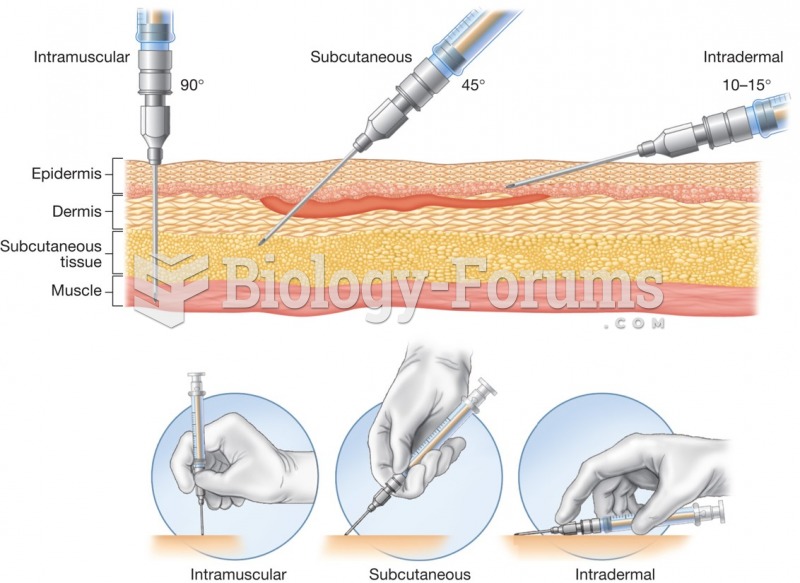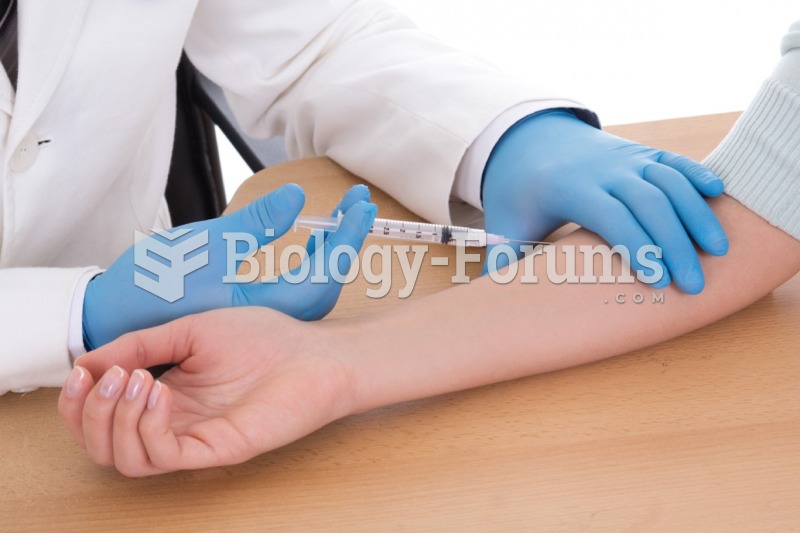|
|
|
Children of people with alcoholism are more inclined to drink alcohol or use hard drugs. In fact, they are 400 times more likely to use hard drugs than those who do not have a family history of alcohol addiction.
You should not take more than 1,000 mg of vitamin E per day. Doses above this amount increase the risk of bleeding problems that can lead to a stroke.
Opium has influenced much of the world's most popular literature. The following authors were all opium users, of varying degrees: Lewis Carroll, Charles, Dickens, Arthur Conan Doyle, and Oscar Wilde.
There are immediate benefits of chiropractic adjustments that are visible via magnetic resonance imaging (MRI). It shows that spinal manipulation therapy is effective in decreasing pain and increasing the gaps between the vertebrae, reducing pressure that leads to pain.
The Romans did not use numerals to indicate fractions but instead used words to indicate parts of a whole.
 Audiometry exam being administered to a young child who is wearing the ear phones through which soun
Audiometry exam being administered to a young child who is wearing the ear phones through which soun
 Multiple-dose drug administration: drug A and drug B are administered every 12 hours; drug B reaches
Multiple-dose drug administration: drug A and drug B are administered every 12 hours; drug B reaches





